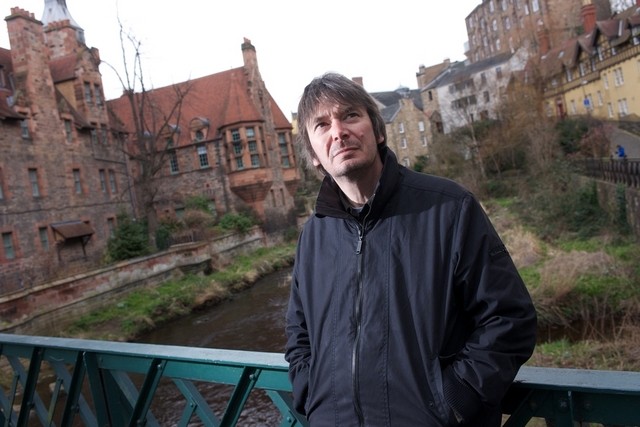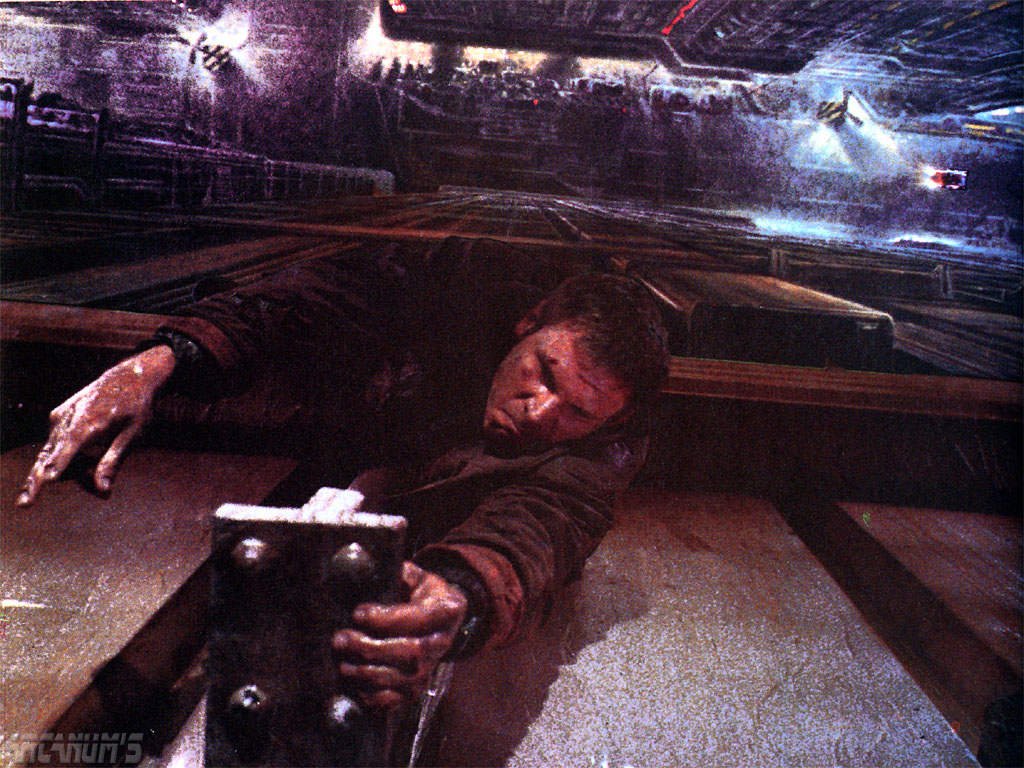Ian Rankin is in demand. The Scottish crime-writer, whose Detective Inspector Rebus series has now sold a staggering 30 million copies and been translated into 36 languages, is battling jet lag after a book tour of North America.
There’s a new novel, Even Dogs In The Wild, to promote and he has just about enough time to “work out which receipts I can claim for” before flying out to the Emirates Airline Festival of Literature this weekend.
“You know, I do look forward to coming to this festival,” he says. “But I’m so behind on my next book, I’m going to have to do some work in the UAE – so you might find the weather is unusually sunny in Edinburgh in the next novel…”
That would indeed be something of a turn-up – in one of the 20 Rebus stories, the sky above the Scottish capital is memorably described as “the colour of chicken bones”.
This is classic Rankin – at once delightfully perceptive and miserably abrasive. Of course, his is not quite the picture- postcard tourist image of quaint old Edinburgh. Rankin is brilliant at scratching away at the surface of the city.
“Crime fiction is very good at giving a sense of place,” he says. “In fact, if I want to know about any country in the world, I will go to its crime-fiction section. You immediately learn about the society, the culture, the problems they might have, the history of the place and something about the nature of the people.”
The problem with that, of course, is that crime drama tends to explore the darker elements of human nature. Still, one of Rankin’s real achievements is the balance he strikes in his books.
“Yeah, usually there’s another character reminding Rebus he lives in a beautiful city,” he says with a smile – although in truth, there’s a lot more to it than that.
Rankin rightly puts his success down to “strong characterisation and good plots” – but it is the socially conscious backdrop to his stories that give them real heft. These aren’t “just” crime dramas.
“Each book is like a jigsaw-puzzle piece,” says Rankin. “So one might deal with the banking crisis, one with devolution, another people trafficking.
“When the series comes to a conclusion, as it must at some point, hopefully there’ll be a fairly complete jigsaw of how Scottish society was in the late 20th and early-21st centuries.”
The series almost did come to a conclusion almost a decade ago, when Rebus retired in 2007’s Exit Music. Five years later, Rankin admitted that there was “unfinished business between the two of us”, and since then he has written three further novels and a short-story collection.
One of the great pleasures of the Rebus series has been watching this curmudgeonly, cynical, “flawed but humane” character grow into old age from his early forties – no wonder Rankin can’t quite leave him alone.
“I’ve been on a journey with him,” he says, “although I have no idea where he came from. This guy jumped into my head when I was a student: probably a cop, who had someone from his past come back to torment him – that was honestly it. I thought he’d be a one-off, actually, which is why he’s a much darker character in that first book. In fact, I wanted the reader to think he might be the killer”.
Rankin was 24 when he wrote that first Rebus book, Knots & Crosses, in 1987. He was not married and had no children, so Rebus – with his ex-wife Rhona, daughter Samantha and his SAS training – operated in a very different world from the author. As one novel grew into a series, Rebus aged in real time – and it amuses Rankin to think that “maybe, I’ve become a little bit more like him”.
He puts that down to becoming a parent – and beneath the gangster story in Even Dogs In The Wild, there’s a neat examination of the bond between fathers and sons.
“Both my sons have grown up and left home in the recent past,” he says. “So you start to think: did I do everything I could have? Did I prepare them for the world out there? Would I change anything if I could go back? All of that stuff is contained within this book.”
Talking of possible regrets, if Rankin has any at all, it is that the television adaptations of Rebus – five seasons were made by Scottish Television, part of the ITV network in the United Kingdom, between 2000 and 2007, with first John Hannah and then Ken Stott playing the character – were so disappointing that in the end he took the TV rights back.
In this era of brilliant, slow-burning television crime dramas from Scandinavia (The Killing, The Bridge) and America (True Detective), the time is surely right to revisit Rebus on the small screen?
“Yes, the appetite for those series is really encouraging,” he says, with a sigh, “but I’m also very jealous. I’m waiting for a big television company to tell me they’d like to do the Rebus stories properly, over six or eight hours”.
In the meantime, there’s that next book to write and Rankin is still incredibly encouraged – spurred on, in fact – by the sheer breadth and popularity of crime writing in the 21st century.
“It’s amazing to see young writers are being attracted to the crime genre because of the quality of the writing,” he says.
“So I think we’ve got past this idea of crime being somehow a ‘lesser’ form of literature – it’s taking on big themes and moral questions.”


